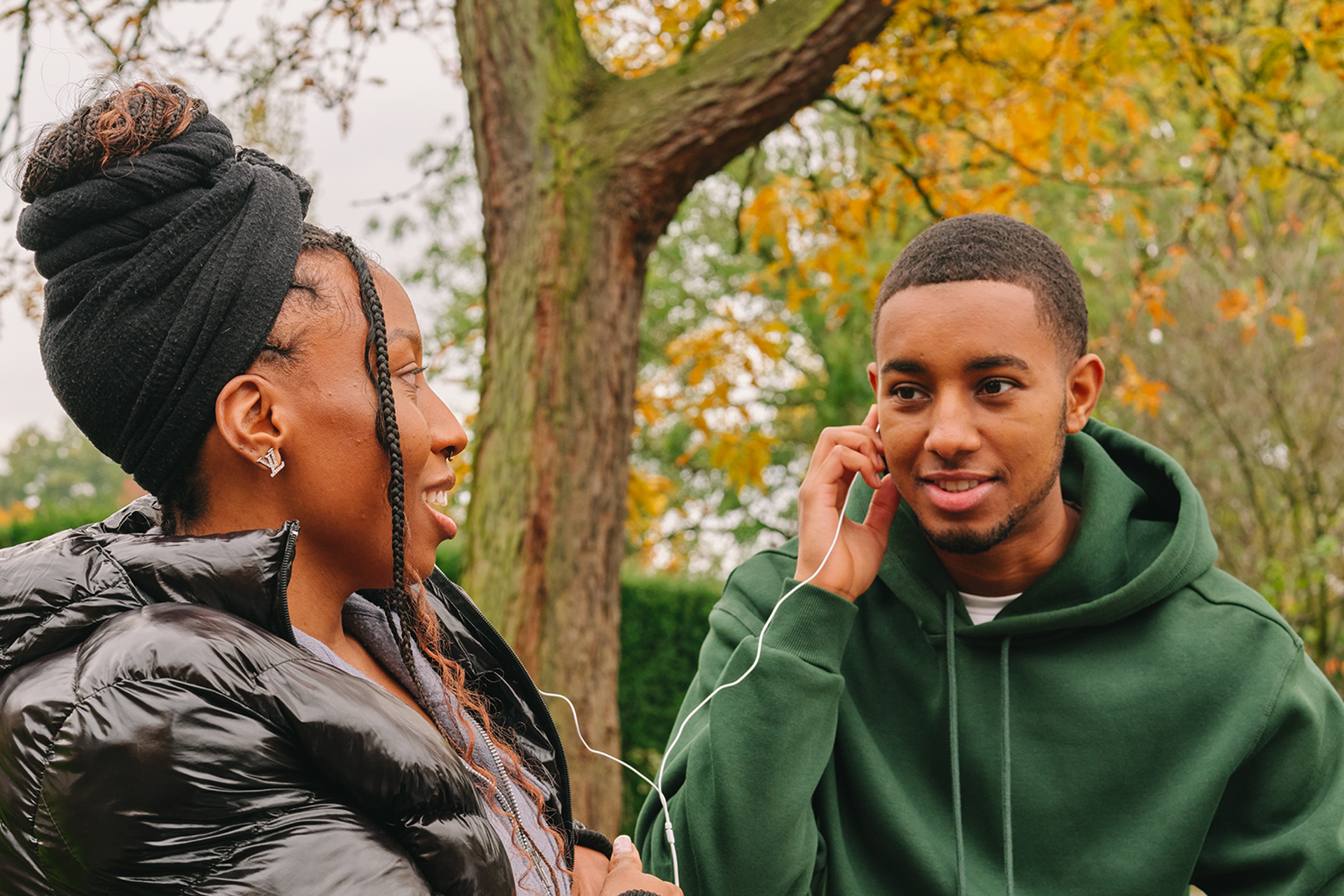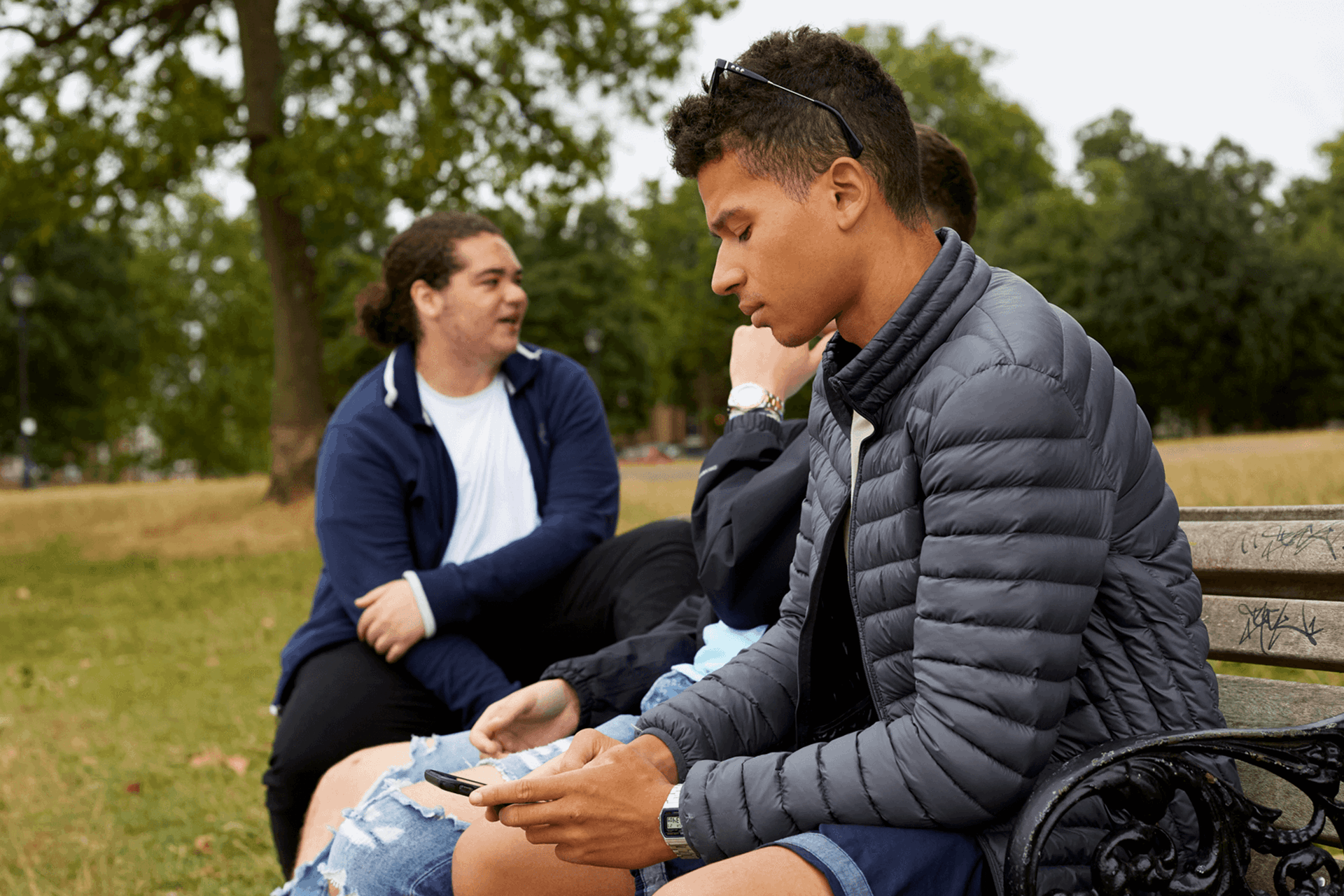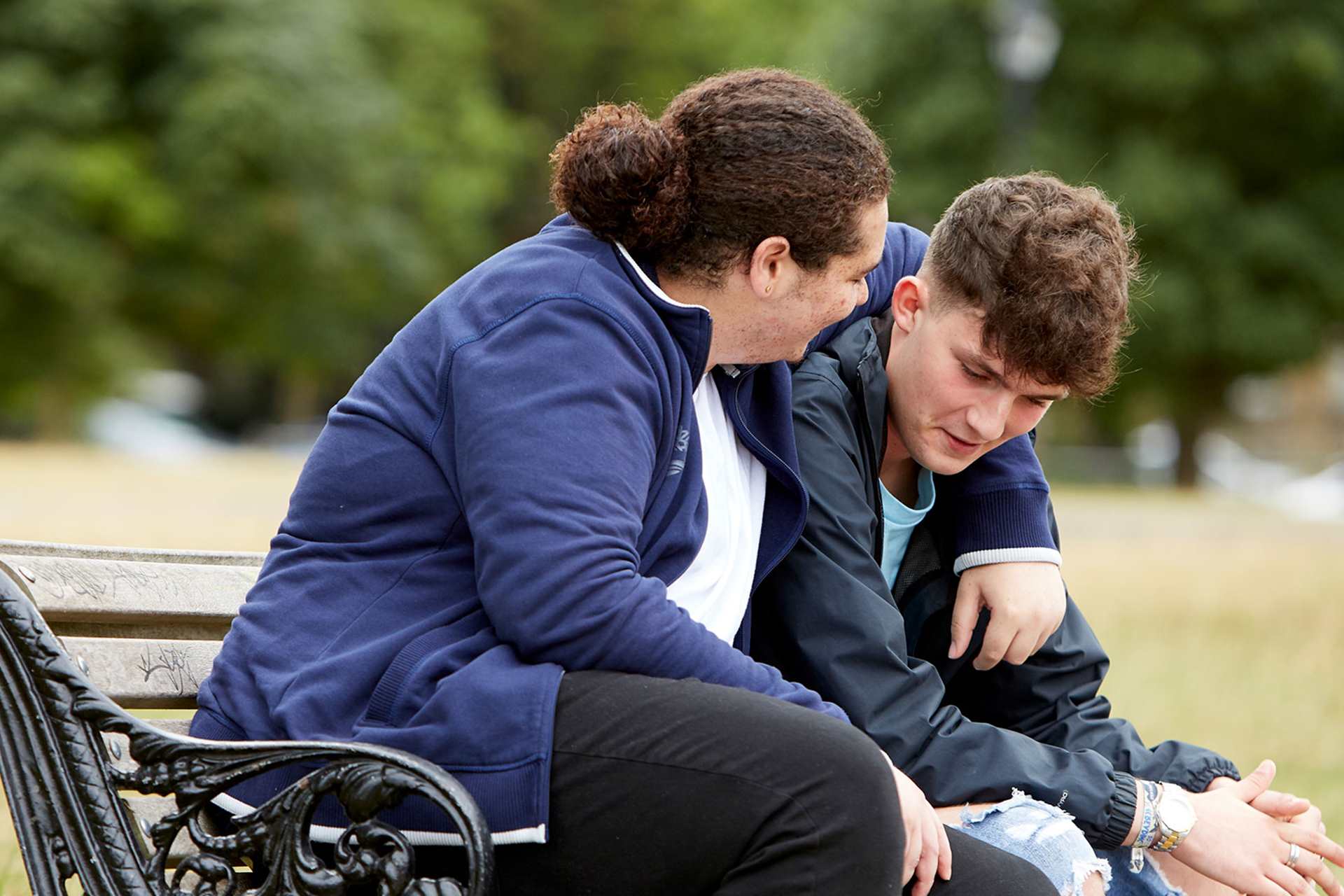Topics mentioned: counselling and therapy, down and unable to cope, reaching out for help
About: Josh thought mental health support wasn't for him, but after experiencing the benefits of therapy, he wants to empower other young men to ask for help too.
This blog contains reference to suicidal feelings. Please do not read on if you think the content may be triggering for you. If you are currently struggling with your mental health, please visit our find help page for information, advice and guidance on where to get support.
It took me a long time to find therapy that works for me. Since this was happening during the pandemic, I had to turn to online resources and, eventually, online therapy.
My experience of finally asking for help
I distinctly remember that day. Sitting in my younger brother’s room, having finished my A-levels, about to head to university. It was supposed to be an exciting time. Yet, I didn’t want to exist.
My brain, thankfully, granted me a reprieve. As I cried and cried and cried, (and as I was met with blank and confused stares from my family), something finally clicked: it was time to head to therapy. It was time to help myself.
A multitude of mental blockades stopped me from trying to access therapy in the past. Some of those were:
- What would my parents think?
- What would my friends think?
- I'm a man; I can’t go to therapy.
- Will I discover parts of myself I’d rather keep hidden?
- Will this really work?
It took me a long time to find therapy that works for me. Since this was happening during the pandemic, I had to turn to online resources and, eventually, online therapy. Essentially, I went onto a therapy comparison website, (it felt like choosing a product off a supermarket shelf with so many options to choose from), and there was the endless number of licensed individuals stating that ‘I can help you’ or ‘we can do this’. I felt sick.
How can a stranger become the one who will perhaps eventually know the most about me? They would know the little secrets of myself I kept hidden, the conversation topics I steered away from at the dinner table, and the highs and lows of my existence all in a weekly 50-minute conversation.
Some of these issues were bigger than others, but each time I went to therapy it helped me feel, at least a little, lighter.
I’m not well-versed in all the various types of therapy out there, and it is certainly about trying out a few methods with even a few therapists (if possible) before you find one that suits your individual needs. I tried person-centred therapy (PCT), and more common therapies such as cognitive behavioural therapy (CBT).
My first-time receiving therapy was not cheap, and while it helped significantly, I am aware that I was in a privileged position, especially regarding my parent’s finances. I was 16 at the time and, luckily, they agreed to pay the weekly fees for a few months.
What happened to me next?
I’ve had therapy three times over a two-year period. Each time addressed different issues: the first was to help me process traumatic events; the second enabled me to come to terms with my sexuality; and the third allowed me to move on from a toxic friendship. Some of these issues were bigger than others, but each time I went to therapy helped me feel, at least a little, lighter. Indeed, I realised that the light at the end of my tumultuous tunnel did in fact exist. I realised, finally, that I can float.
Men needing therapy is not a sign of weakness
There is still a stigma against men getting the help they not only need but deserve. To any man reading, I want you to ask yourself:
-
Are you too stoic?
You don’t have to be. And you don’t have to struggle alone.
-
Are you too afraid?
You are braver than you know.
-
Are you unsure which type of therapy would work for you?
Do some research and take time to find what works for you.
-
Are you worried about unearthing deeper traumas?
Remember, sometimes this can help you. However, you are in control, and you don’t have to share anything you don’t feel comfortable sharing with a therapist.
-
Are you unsure how to find therapy services near your location?
Take a look online. I find the Maps app a good place to start.
Please, if you can, go to therapy. Therapy is not necessarily designed for those that are at their breaking point (although you should still reach out if you feel like you are in this situation). The second time I went to therapy was because I was struggling with time management around my university assignments. In reality, I had much deeper issues that finally came to the surface.
If you are a man struggling with your mental health and feel like you can’t ask for help, trust me, there are people out there who can and want to help you. It’s okay to talk about how you feel. Therapy was tricky, but life got lighter.
- NHS Talking Therapies for Anxiety and Depression (all NHS talking therapies are free, and usually require a self-referral via an online form)
- Humen (a UK charity whose purpose is to break the stigma around male mental health)
- ANDYSMANCLUB (a male suicide prevention charity)
- Movember (men’s mental health and suicide prevention charity)
If you are a man struggling with your mental health and feel like you can’t ask for help, trust me, there are people out there who can and want to help you.
More information and advice
We have tips and advice to help you find the support you need. Take a look at our guides.
Where to get help
However you're feeling, there are people who can help you if you are struggling. Here are some services that can support you.
-
Samaritans
Whatever you're going through, you can contact the Samaritans for support. N.B. This is a listening service and does not offer advice or intervention.
- Opening times:
- 24/7
-
CALM (Campaign Against Living Miserably)
Provides support to anyone aged 16+ who is feeling down and needs to talk or find information.
Free webchat service available.
Read information about the helpline and how it works.
- Opening times:
- 5pm - midnight, 365 days a year






